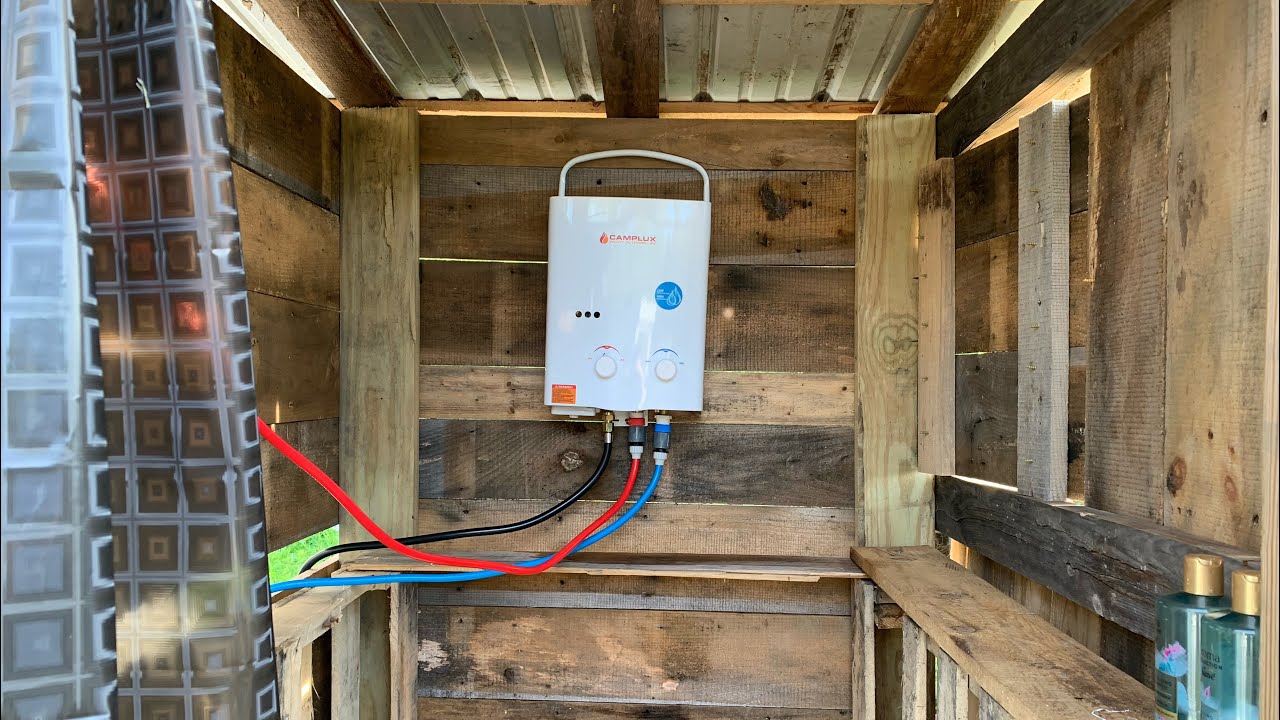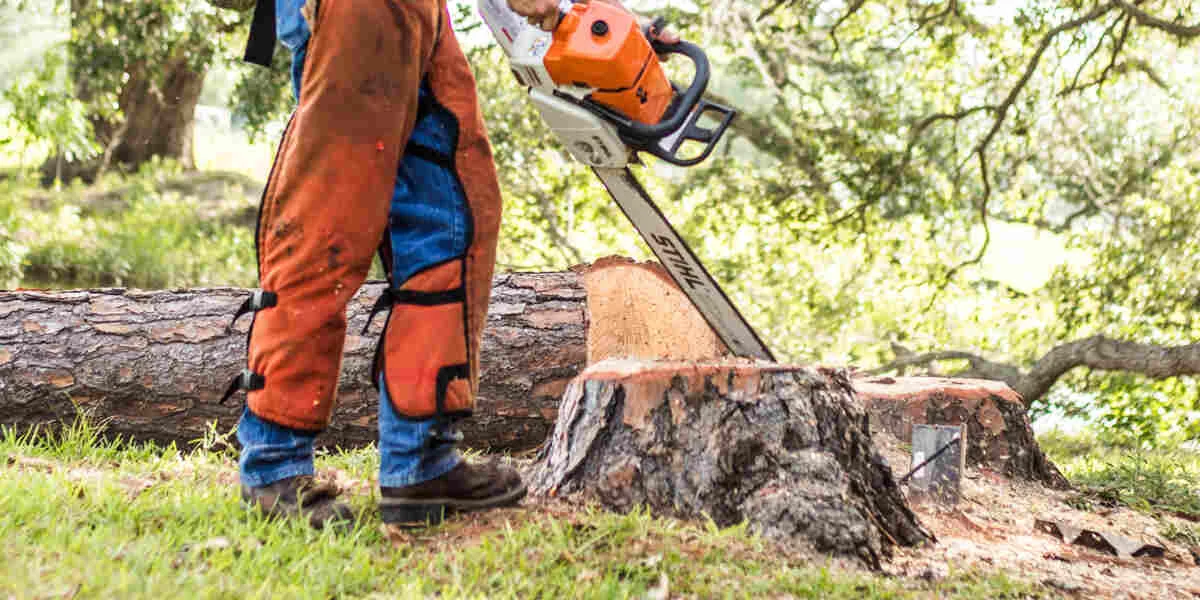When it comes to providing hot water on the go, a portable water heater can be a lifesaver. Whether you’re using it for camping, traveling in an RV, or as a backup during power outages, portable water heaters offer incredible convenience. However, as with any device that involves heating water, it’s important to follow safety precautions to avoid accidents or malfunctions. Here are some essential safety tips to keep in mind when using your portable water heater.
1. Always Follow the Manufacturer’s Instructions
Before using your portable water heater, carefully read and follow the manufacturer’s instructions. These guidelines will provide vital information on installation, operation, and maintenance. Different models may have specific safety features, such as automatic shutoffs or overheat protection, so knowing how your unit works can prevent accidents.
2. Place the Heater in a Safe Location
Ensure that your portable water heater is placed in a safe, stable location. If you’re using a propane-powered model, make sure it’s positioned in a well-ventilated area, away from any flammable materials. Never use it indoors unless it’s explicitly designed for indoor use, as it can produce harmful carbon monoxide.
3. Inspect for Gas or Water Leaks
Before turning on your portable water heater, check for any signs of leaks. Inspect the water connections and gas lines for any cracks or damage. If you’re using a gas-powered model, ensure that the gas tank is securely connected, and there are no leaks. Leaking gas can be a fire hazard and should be addressed immediately.
4. Use the Correct Power Supply
Ensure that your portable water heater is connected to the correct power source, whether that’s electricity, propane, or batteries. For electric models, double-check the voltage and power requirements to avoid overloading circuits. Using the wrong power source could result in electrical fires or damage to the unit.
5. Monitor Water Temperature
While most portable water heaters come with temperature controls, always monitor the water temperature to avoid burns or scalds. Set the water temperature to a comfortable level and avoid making drastic adjustments while in use. If you’re using the heater for a shower, test the water first to ensure it’s safe before entering.
6. Turn Off When Not in Use
Always turn off your portable water heater when it’s not in use. This helps conserve fuel or electricity and reduces the risk of overheating. Leaving the unit running unattended could result in unnecessary wear and tear or potentially hazardous situations.
7. Regularly Clean and Maintain the Heater
To ensure the longevity and safety of your portable water heater, perform regular maintenance. Clean the heater as recommended by the manufacturer, and inspect it for any signs of wear and tear, particularly the hoses and connectors. Regular maintenance helps keep the unit running efficiently and safely.
8. Store Properly When Not in Use
When your portable water heater isn’t in use, store it in a dry, cool place away from extreme temperatures. Excessive heat, moisture, or direct sunlight can damage the unit, potentially causing it to malfunction when you need it most. Keeping it in a safe place will extend its life and maintain optimal performance.
Conclusion
Portable water heaters are a great solution for on-the-go hot water, but safety should always be your top priority. By following these safety tips, you can enjoy the convenience of your portable water heater while minimizing risks. Whether you’re using it for outdoor activities or as a backup at home, safe usage ensures that your portable water heater performs at its best, providing hot water whenever and wherever you need it.




